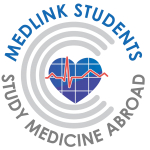
Located in: Lithuania
















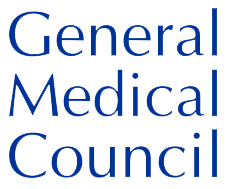





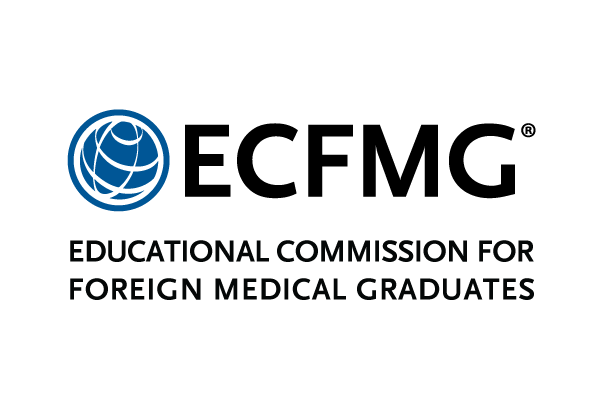



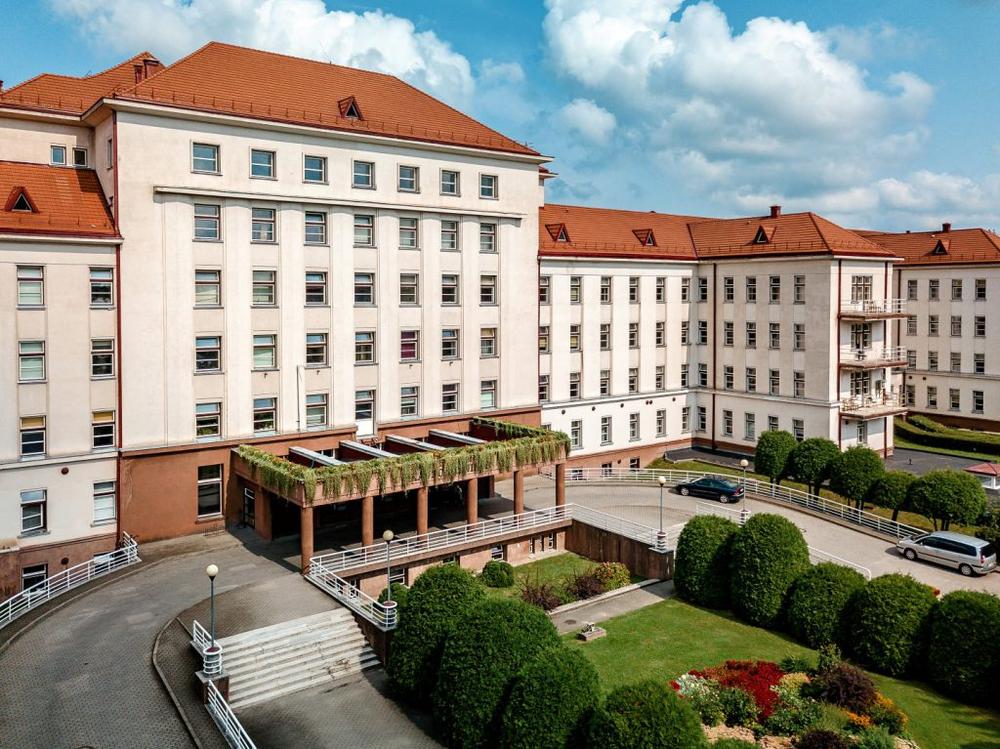

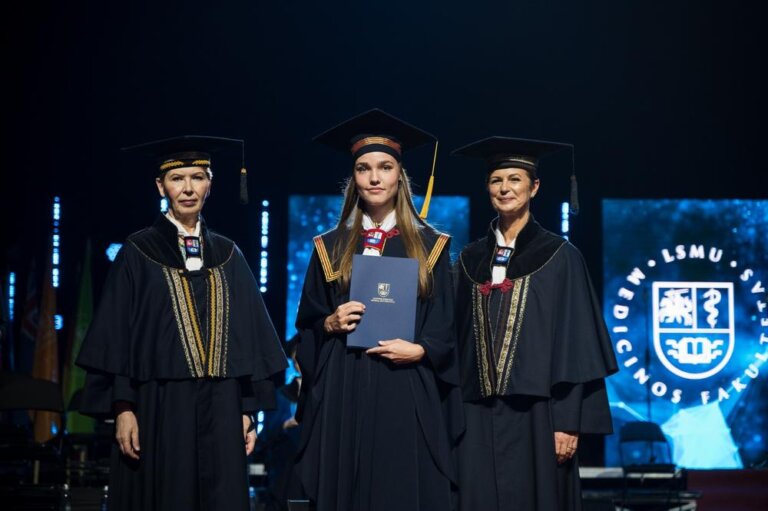

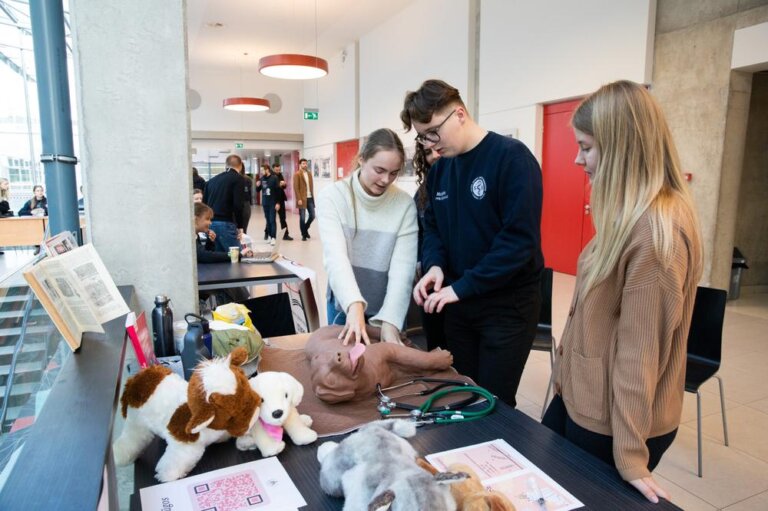

The Lithuanian University of Health Sciences (LMSU) is the largest university for biomedical sciences in Lithuania and one of the top places to study medicine in Europe. Additionally, it is a significant centre of scientific activity and research with over 240 international partnerships and a focus on innovation in healthcare.
LSMU is a modern medical school that was established after the merger of the Kaunas University of Medicine (KMU) and the Lithuanian Veterinary Academy (LVA). Although the name is new and established in 2010, the university has a long heritage of excellence and has been known for training outstanding medical professionals since 1922.
Currently, the university has over 8,000 students, over 20% of whom are international students coming from 70+ countries. The university has clinical practice bases in Germany, Sweden, Spain, the UK, the USA, Israel, and more, and it has an increasing number of joint study programmes with many institutions across the world.Additionally, the Lithuanian University of Health Sciences offers cutting-edge research opportunities, comprehensive clinical practice, and modern higher education across 81 departments of research and science, including 48 hospitals and clinics. The Kaunas Hospital of LMSU is the largest clinical base in the Baltic Region, and it providesunmatched practical training opportunities for LSMU students.
LSMU offers as many as 19 different programmes in English, including Medicine, Dentistry, Pharmacy and Veterinary Medicine.
The university also has an online Pre-Med course that aims to completely prepare students for LSMU’s programmes by offering classes and seminars in Biology and general Chemistry.
Currently, the Lithuanian University of Health Sciences doesn’t offer graduate entry pathways.
Lithuanian University of Health Sciences (LMSU) address is A. Mickevičiaus g. 9, Kaunas, Lithuania.
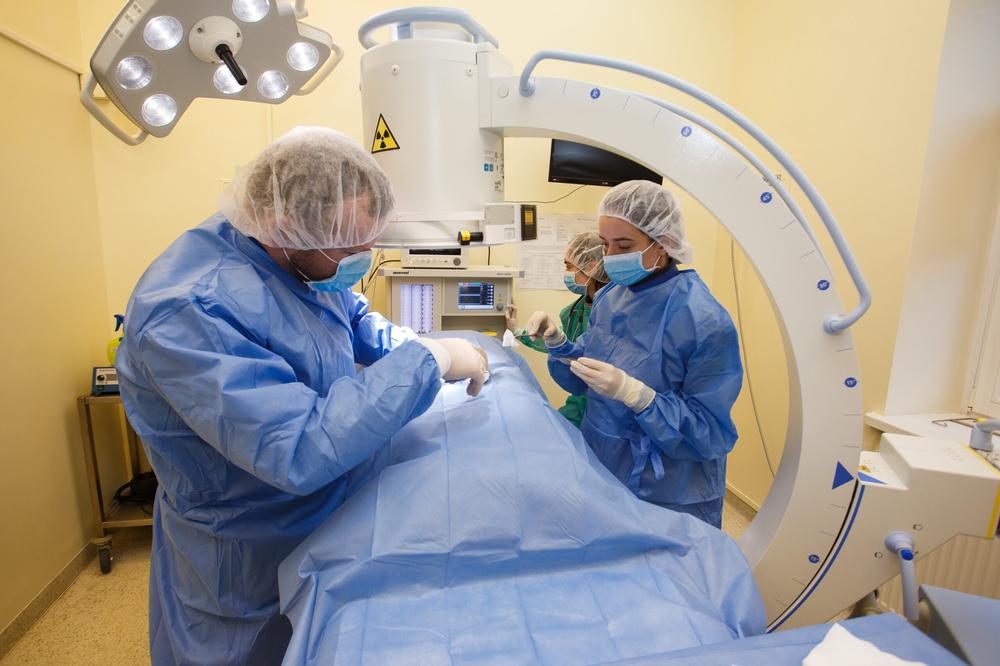

Lithuanian University of Health Sciences engages in both fundamental and applied research. There are four institutes that deal with specific scientific fields: neuroscience, endocrinology, cardiology, and animal science. Future doctors could learn a lot from participating in various research projects.
Study Medicine
Study period: 6 years
Tuition fees: for years 1-4 and for years 5-6
Study Dentistry
Study period: 5 years
Tuition fees: for years 1-4 and for year 5
Study Pharmacy
Study period: 5 years
Tuition fees: per year
Study Veterinary Medicine
Study period: 6 years
Tuition fees: for years 1-3, for year 4, and for years 5-6
Pre-med course
Study period: 10 weeks
Tuition fees:
Here are the entry requirements to get accepted to LSMU:
The LSMU entrance exam consists of an interview and a 90-minute test that consists of multiple-choice questions. The topics covered in the written test include Biology and Chemistry, and each part of the exam lasts for 30 minutes.


Students are exempt from taking the entrance exam in the following cases:
Please keep in mind that additional exemptions may be available based on your high school diploma type. Feel free to contact us for more details.
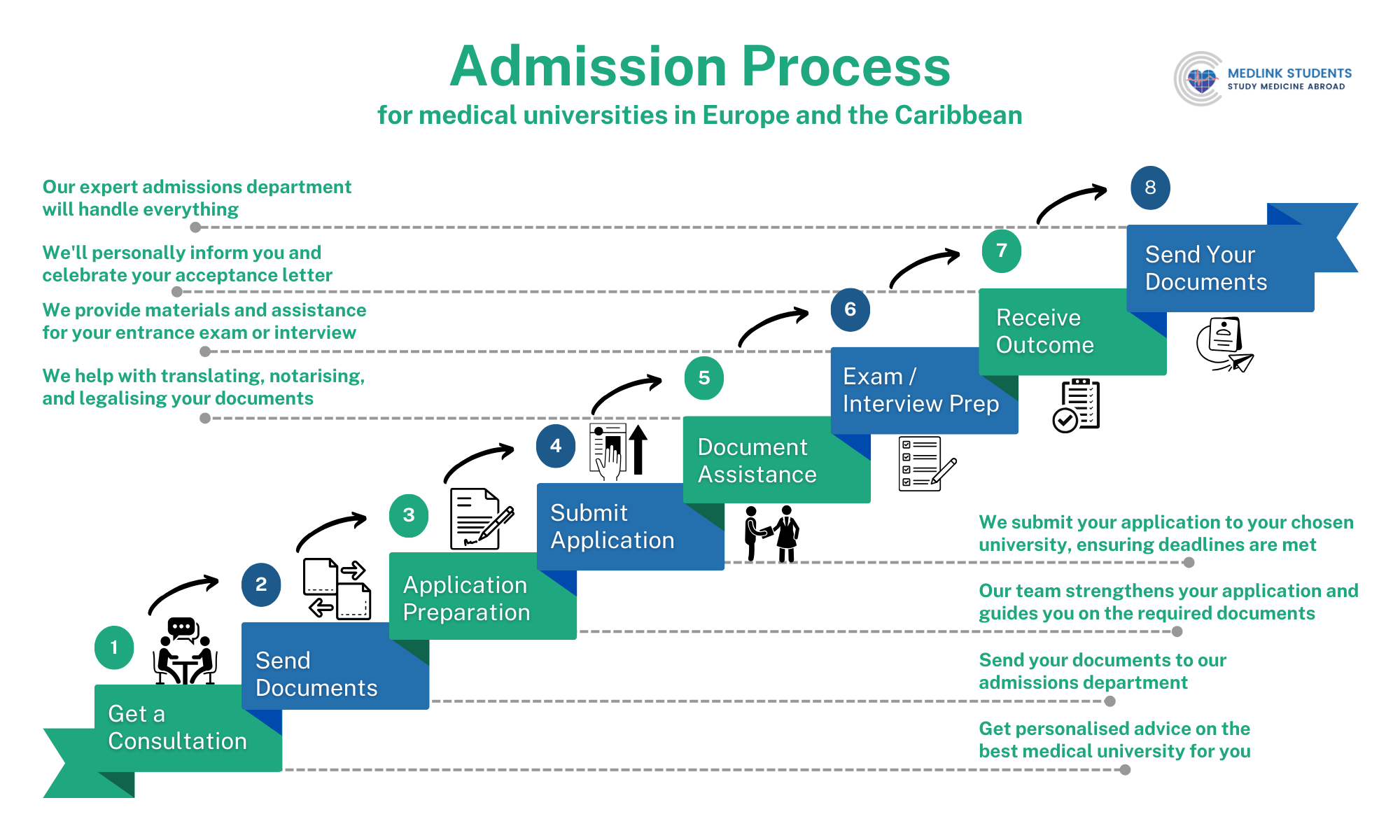

Thanks to the high-quality medical education at the Lithuanian University of Health Sciences, applying there can be highly competitive. Additionally, the admission process can be quite complex, involving strict requirements and legal steps that must be followed. This includes sending in specific documents that need translating, notarising, and making them official through legalisation. Not meeting the requirements will result in your application being rejected. But there’s no need to worry; our admissions experts, known as some of the best in Europe, can handle the application process from start to finish, including all the legal details. We've also built a strong collaboration with the Lithuanian University of Health Sciences and have a deep understanding of their application format and entrance exam requirements. By choosing Medlink Students, we guarantee that you'll submit a strong application that sets you apart from your peers and gets you accepted. Additionally, we'll provide you with excellent study materials to help you excel in the entrance exam. With our support, you can sidestep the exhausting parts of applying to a medical school on your own and focus on what truly matters – preparing for the entrance exam and your future medical career.
As the largest university for biomedical sciences in Lithuania, LSMU provides students with access to advanced facilities, including modern laboratories and the largest clinical base in the Baltic region - the Hospital of LSMU. While studying at LSMU, students benefit from:
The Faculty of Medicine at LSMU was established in 1922 and is the oldest and one of the most prestigious faculties at the university. Their medicine programme is a comprehensive course that is known for training competent doctors who can achieve success on a global scale. The course lasts 6 years for a total of 360 ECTS credits, and upon graduation, student’s are awarded a Master’s Degree in medicine and the qualification of a Doctor of Medicine (MD).
The programme uses Problem-Based Learning (PBL) as a central component of the curriculum. This approach encourages students to engage with real-life clinical cases, helping them develop critical thinking and practical problem-solving skills early in their training.
Students also get significant hands-on clinical training at Kaunas Clinics, which is part of the university's network of 48 affiliated hospitals and clinics. Additionally, students can participate in the ERASMUS+ programme to gain international experience and practise abroad in affiliated hospitals.
LSMU also actively involves students in medical research, with access to cutting-edge labs and a strong focus on interdisciplinary collaboration in biomedical sciences.
The Faculty of Odontology at LSMU is the largest institution for dental education in Lithuania and has earned international recognition for its excellence in education, research, and clinical practice.
The programme lasts for 5 years and awards a total of 300 ECTS, leading up to a Master’s Degree in Odontology and qualification as a Doctor of Dental Medicine (DMD).
Like the Medicine programme, students in Dentistry benefit from Problem-Based Learning, allowing them to apply theoretical knowledge to real clinical cases from the start of their education. This is further enhanced through access to modern dental clinics on campus, ensuring students receive hands-on experience using cutting-edge technology. This includes using high-tech tools such as digital dentistry and CAD/CAM systems, which are increasingly important in modern dental practice.
The programme places a strong emphasis on early clinical exposure, and students begin practical work with patients under supervision starting in the 3rd year. The course is supported by 14 affiliated dental clinics and departments, providing students with a broad spectrum of dental specialities, including preventive dentistry, orthodontics, periodontology, maxillofacial surgery, and more.
The Pharmaceutical course at LSMU lasts for 5 years, gives a total of 300 ECTS credits and awards a Master of Health Sciences, Pharmacist Degree.
The Faculty of Pharmacy uses the Centre for Advanced Pharmaceutical and Health Technologies 'Santaka' as its headquarters, which is equipped with spacious lecture rooms, quiet study areas, and a university-run pharmacy.
The Pharmacy course also makes use of Problem-Based Learning and practical training in its curriculum. Students have the opportunity to gain hands-on experience through internships at pharmacies, pharmaceutical companies, and industrial pharmacies, which ensures graduates are ready for professional work upon completing their studies. As a matter of fact, 95% of LSMU pharmaceutical graduates secure employment within the first 6 months after graduating.
Students also have access to international projects, training, and conferences, which can help them build a global network early on in their journey to secure and advance their future careers.
The Veterinary Medicine course at LSMU lasts for 6 years, awards a total of 360 ECTS credits, and graduates receive a degree and qualification of MSc in Veterinary Sciences, Veterinary Doctor.
The programme uses a holistic approach, and students learn about various aspects of veterinary science, including animal structure, functions, nutrition, welfare, disease prevention, diagnosis, and treatment, as well as food safety control.
For the practical part of the curriculum, the course focuses on treating animals and preventing diseases, determining the effects of drugs, monitoring animal health, and evaluating food safety. This practical training prepares students to work effectively in various veterinary settings. It is carried out in modern facilities, including the Wildlife Rescue Centre and the Small and Large Animal Clinics.
LSMU graduates with a Veterinary Medicine degree have gone on to find success by establishing private veterinary clinics, working at zoos, or finding employment in pharmaceutical companies and animal welfare services throughout the world.
LSMU is dedicated to providing an enjoyable and fulfilling student experience and provides options for a variety of extracurricular and leisure activities, including:
The university has a dedicated Sports Centre where students can work out or enjoy a variety of sports, including basketball, aerobics, volleyball, tennis, table tennis, swimming, football, athletics, chess, and badminton.
The exam methods used in the MD programme are generally:
Lithuanian University of Health Sciences is an accredited and internationally recognised medical school. It is also listed in the World Directory of Medical Schools (WDOMS LSMU), a list that is co-managed by the World Health Organisation (WHO) and includes only accredited universities.
LSMU has received accreditation for the maximum allowable duration from the Centre for Quality Assessment in Higher Education (SKVC) and is recognised as a leader in the fields of medicine and health sciences in Lithuania, consistently achieving high rankings internationally.
The programmes at LSMU align with EU education standards, making its graduates eligible for international licensing examinations, including the USMLE in the United States and the PLAB in the UK.
LSMU is also noted for its integration of education, research, and clinical practice and is a member of several prestigious international organisations, including
LSMU places a strong emphasis on quality assurance, and the university implements a comprehensive system that includes regular assessments and feedback mechanisms to ensure high academic standards and continuous improvement. LSMU follows strict national and international quality assurance frameworks that promote transparency and accountability.
The university conducts internal evaluations, gathers student feedback, and participates in external assessments to align with best practices in higher education. This commitment to quality assurance helps maintain LSMU's reputation as a leader in health sciences education.
If you are a 1st-year student at LSMU, you can choose from a variety of housing options, including:
It’s important for students to be aware of the application deadlines for student housing, as early applications often lead to better accommodation options. The university recommends applying as soon as possible to secure a suitable living arrangement.If you want to find out more about the accommodation options and deadlines at LSMU, feel free to contact us, and we’ll provide details.
*Verify program intake details with your advisor; they are subject to change without prior notice.
The buses in Kaunas are either trolleybuses or regular buses. They cost 0,5 euros for a student. Taxis are a fast and cheap way to move around town, especially when dark or rainy. Taxis in Kaunas are cheap when using the Bolt app. If you want to travel outside Kaunas, you can reach other cities in Lithuania by train or bus. All the trains depart from Kaunas train station (Kauno geležinkelio stotis). The price of tickets varies depending on where you go, but there is a 50% student discount.
Lithuania is a member country of the EU with a population of 3 million people. The currency is Euro, and the official language is Lithuanian, but most people understand English. The climate is humid and continental. You can observe all 4 beautiful seasons in Lithuania: snowy winters, blooming spring, bright summer, and golden autumn. Snow can appear in November or December, but the weather remains pleasant on most other days.
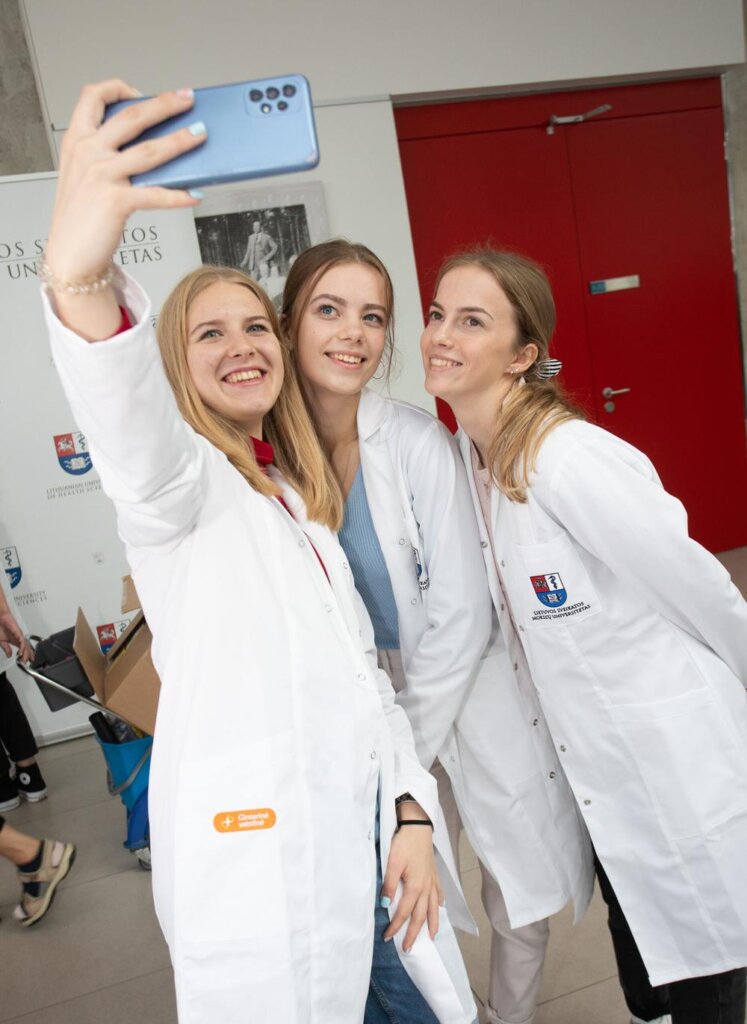

Once the capital city of Lithuania today, Kaunas is the second-largest city in the country. Situated some 100 km from the capital, Vilnius and 250 km from the Baltic seashores, Kaunas is a city full of history. Aspiring doctors who study medicine in Kaunas can enjoy beautiful landmarks, interesting museums and remarkable cultural heritage. There is a great number of theatres, fine hotels, restaurants, cafes and shopping malls in the city.
According to legend, Kaunas was established by Romans, during Nero’s reign. Palemon, a Roman patrician, fled the empire with his three sons and a royal retinue. One of the sons, Kunas, built a fortress at the confluence of the Nemunas and Neris rivers. The town that grew next to it was named after him - Kaunas.
Today, the city has over 300,000 people, and thanks to the many higher education institutions, there are over 50,000 students. That’s why Kaunas is also known as the City of Students.
Naturally, there are numerous attractions suitable for young people. Several annual music festivals take place here, including Kaunas Jazz Festival, Pazaislis Music Festival, and the International Modern Dance Festival.
In addition, the city is very green, full of parks, gardens, and nature reserves. Azuolynas, for example, is an oak grove full of trees ranging in age from 100 to 300 years. The park is the largest urban stand of mature oaks, and it’s a popular recreational area.
Since Kaunas is home to so many students, naturally, it is also a host to a rich variety of cultures and traditions. The multicultural vibe is felt throughout the city, which makes it an interesting and exciting place for international students to connect and form lifelong friendships. Kaunas is also a very safe city with low crime statistics, which creates a positive and enjoyable environment for everyone, including hijabi women.
In Kaunas, you can also find a variety of places of worship, including churches, synagogues, and a mosque, which allows students and residents to practise their faith freely. Additionally, the city has a wide range of dining options, including halal, kosher, vegetarian, and vegan places to eat.
The Lithuanian University of Health Sciences is also committed to creating a welcoming environment for all students and staff through its Equal Opportunities Policy. It aims to ensure that every individual, regardless of gender, ethnicity, disability, or other characteristics, has the right to access education and participate fully in academic life.
LSMU actively promotes diversity within its community, including support services and awareness campaigns to create a supportive learning environment
LSMU gives students and their parents the opportunity to take a look at their campus and modern facilities from the comfort of their homes. Feel free to explore the interactive virtual tour here: LSMU Virtual Tour










LSMU is located in Kaunas, Lithuania. The city lies at the confluence of the Nemunas and Neris rivers, near the Kaunas Reservoir. The address is A. Mickevičiaus g. 9, Kaunas 44307, Lithuania.
No. Fast track medicine is not possible at this medical school.
Medicine: for years 1-4 and for years 5-6
Dentistry: for years 1-4 and for year 5
Pharmacy: per year
Veterinary: for years 1-3, for year 4, and for years 5-6
The university's medical graduates get international recognition of their degrees. The World Health Organisation recognises it through its World Directory of Medical Schools. In addition, the UK General Medical Council also recognises the university.
Yes. You can study medicine, dentistry, veterinary, and pharmacy in English.
Yes. The university has over 100 graduates registered with the UK General Medical Council.
Yes. There is an online entrance exam in Biology and Chemistry. Students should also undergo an interview to evaluate their motivation. The entrance exam can be skipped in some cases.
There is an entrance exam in Biology and Chemistry. There is also an evaluation interview. Students can skip the exam if they have A Levels certificate with grades AA or AB. If the applicant is transferring from a biomedical course they can also skip the exam.
The semester begins on 1 September.
LMSU has a holistic approach to medical education and all courses benefit from it. Moreover, medical students can participate in both applied and fundamental research in multiple fields. Last but not least, life in Kaunas has multiple benefits, including a vibrant student community, music festivals, and green spaces.
Kaunas is the second-largest city in Lithuania. It offers a vibrant student community, various cultural events, music festivals, and extensive green spaces. These elements contribute to a fulfilling and balanced life for students outside of their academic responsibilities.